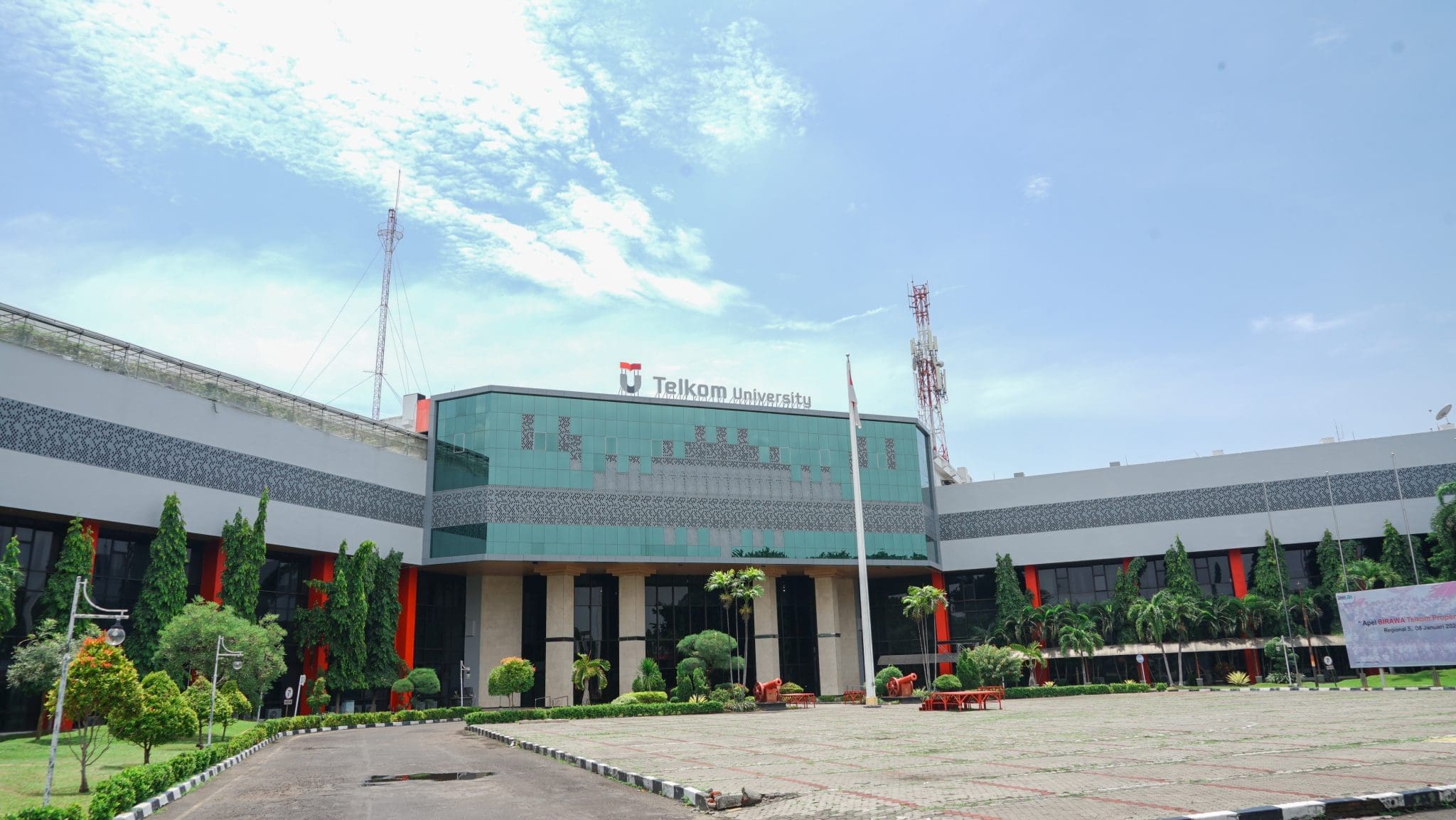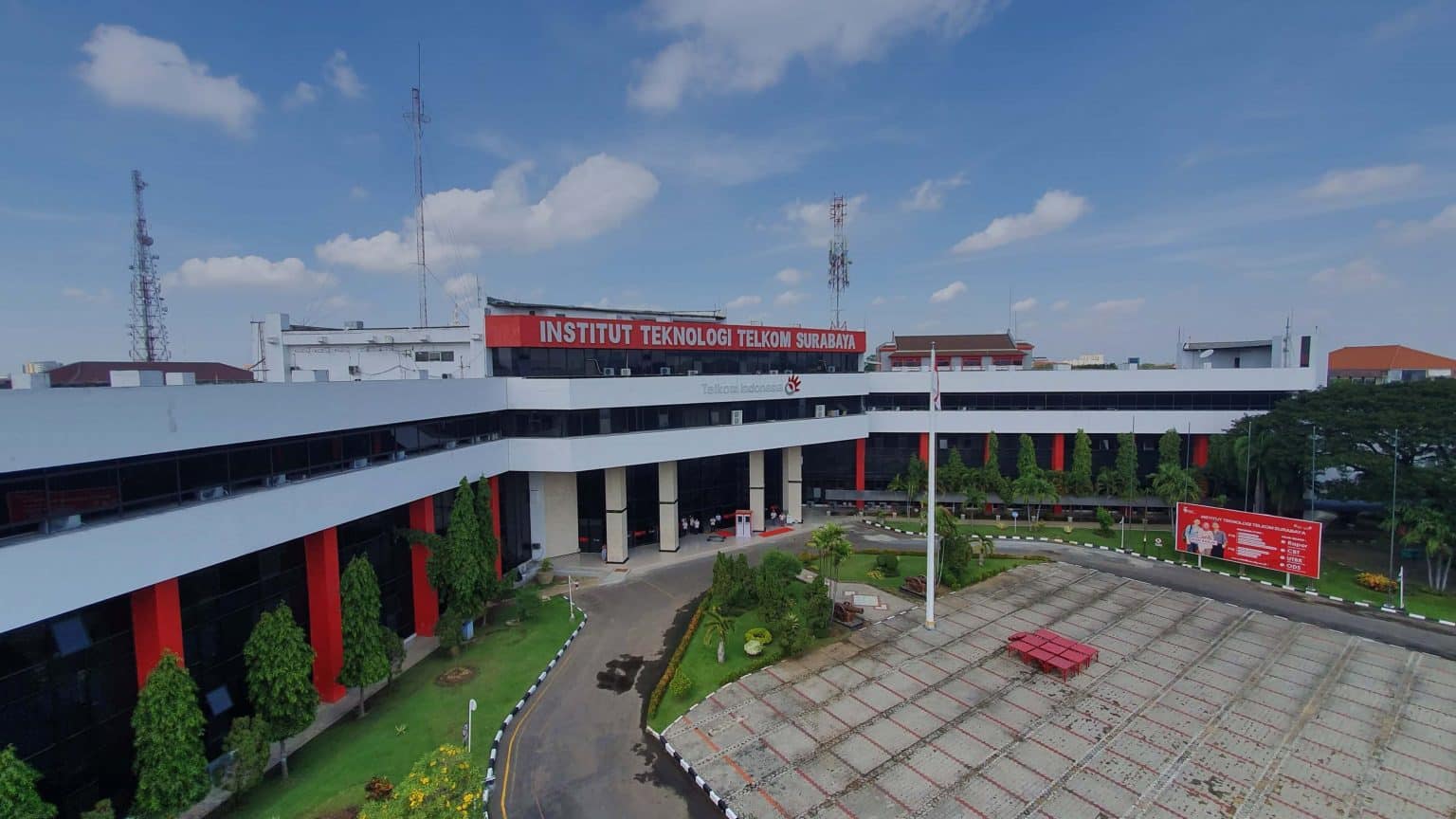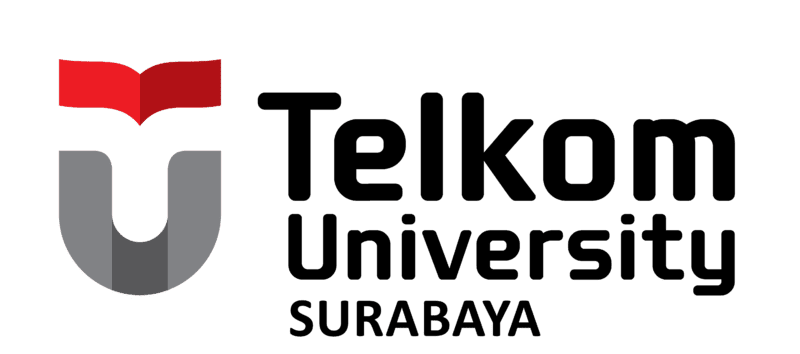History of Telkom University Surabaya
2023 - Telkom University
Telkom University is the best private university in Indonesia that is accredited as superior, this also makes Telkom University Surabaya have the same standard of education quality as the main campus of Telkom University located in Bandung. This unification is part of the Telkom University National Campus (TUNC) program, which is a program to provide the best educational facilities evenly with the establishment of branch campuses in several major cities in Indonesia such as Jakarta, Bandung, and Surabaya. The goal is to produce the best generation with global competitiveness, as well as provide the greatest opportunity with broad access to education.

2018 - Institut Teknologi Telkom Surabaya
Starting from September 4, 2018, the Surabaya Telkom Institute of Technology was officially opened based on the Decree of the Minister of Research, Technology, and Higher Education of the Republic of Indonesia Number 733/KPT/1/2018 concerning the establishment permit for the Surabaya Telkom Institute of Technology (ITTelkom) in Surabaya City, East Java Province, organized by the Telkom Education Foundation.
This institution comes with a unique curriculum and competency development focused on the maritime, transportation, and logistics industries. Surabaya was chosen as the location of the campus inseparable from the government’s program in carrying out equal education. This is what ITTelkom Surabaya does in supporting equal distribution of higher education at the Bachelor’s (S1) level to the Eastern Indonesia Region, especially from Papua & West Papua, Maluku, North Maluku, NTT, Kalimantan, NTB, and Sulawesi through the provision of quotas and special selection paths.
After going through a lustrum journey, the Telkom Surabaya Institute of Technology has officially merged with Telkom University. This was stated in Decree No.931/2023 dated December 7, 2023 concerning the Merger of the Telkom Surabaya Institute of Technology into Telkom University which was submitted by the Directorate General of Higher Education of the Ministry of Education and Culture of the Republic of Indonesia (DIKTI 4).

